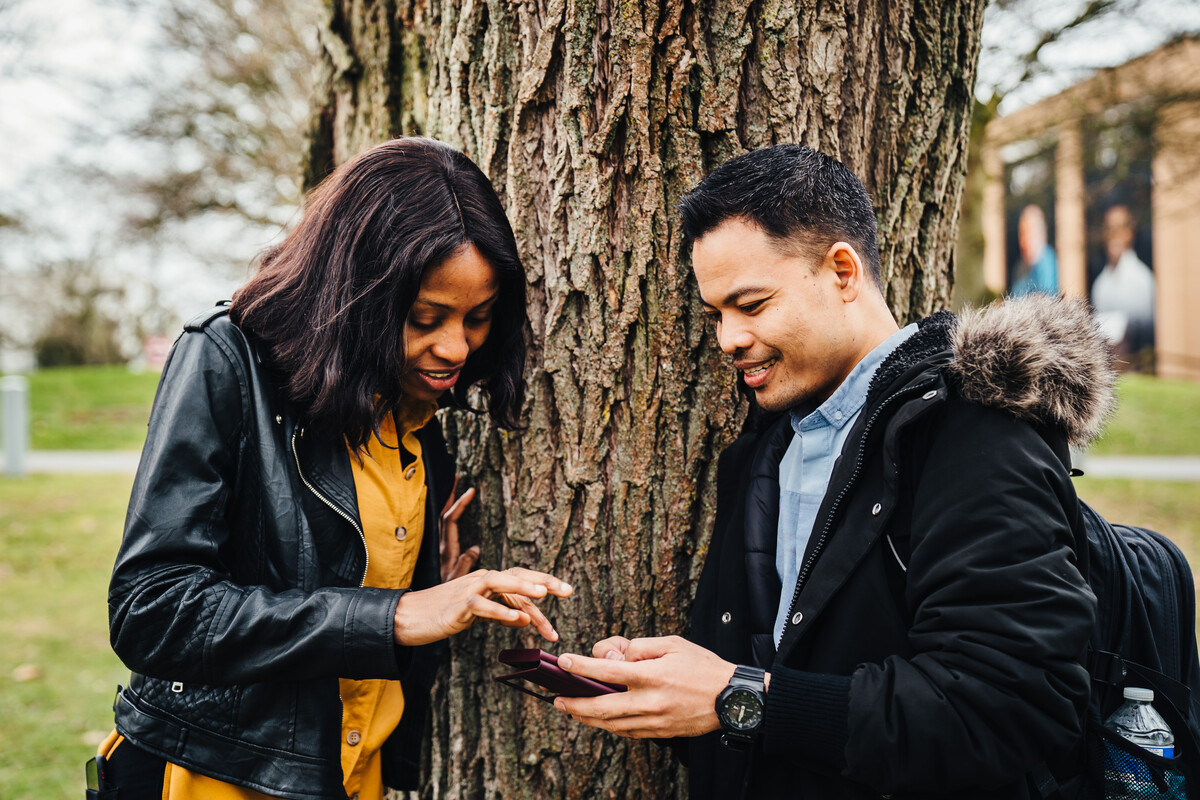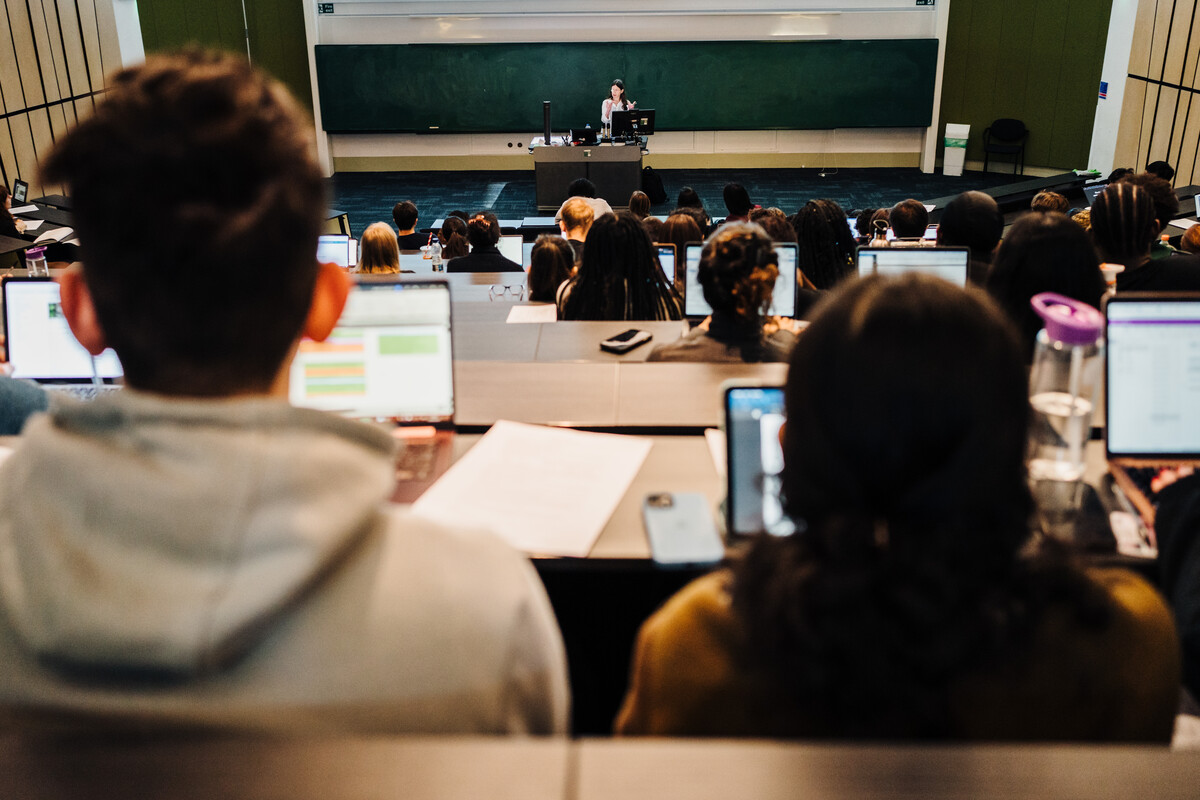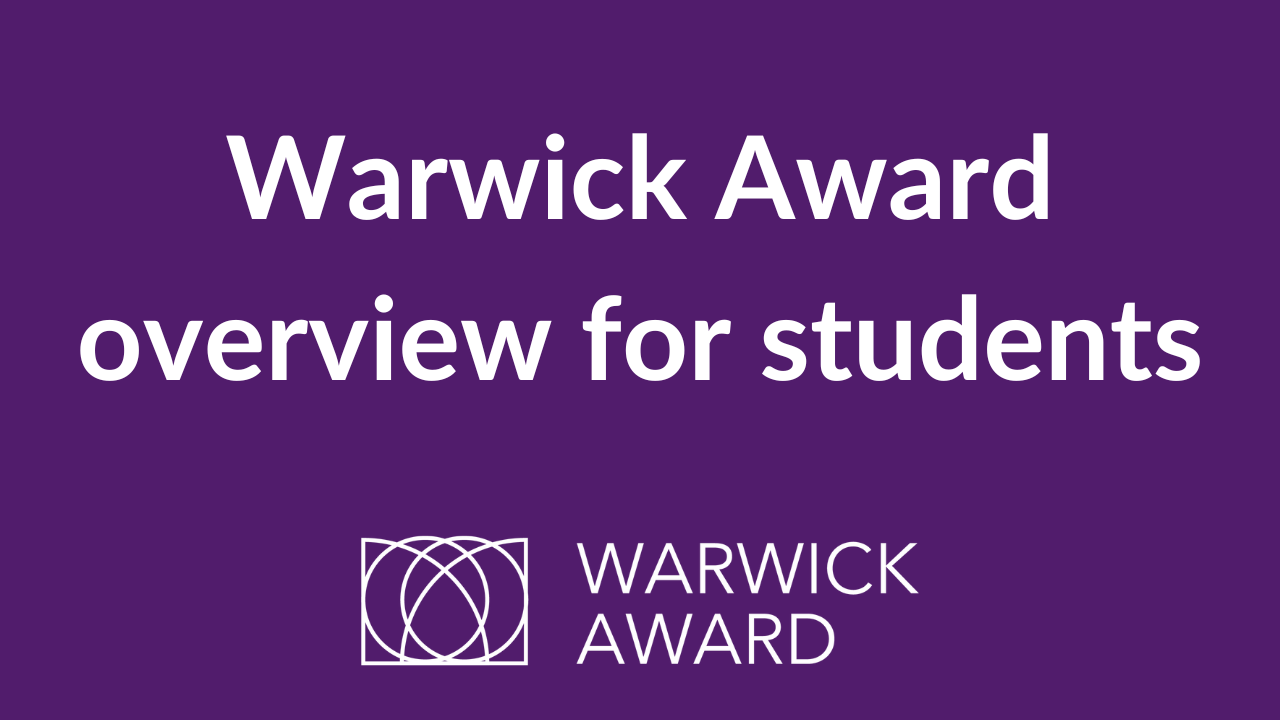Your first few weeks

The University has put together a set of useful webpages to help you settle into your life at Warwick, including academic support, campus life, and survival skills for university. There is also a Moodle activity on pre-arrival induction that you can work through here to help you prepare.
We have added the following advice from Education Studies that we hope will be helpful for you.
Key contacts in the Centre of Education Studies
Education Studies is a small and friendly centre and you will soon have the opportunity to meet all the key people. Here is a useful summary:
Director of Undergraduate Studies |
Dr Mark Pulsford |
|
| Academic Identity & Skills Module Leader |
Dr Juliet Raynsford |
|
Undergraduate Programme Team |
||
Student Experience Team |
Cheryl Cane Sally Blakeman Adam Alcock Rachael Smith Anna Moosun |
|
Meeting people
One of the very most important things to focus on in Welcome Week and the first few weeks of term is meeting new people, making friends and finding new social opportunities. The good news is that there is so much happening on campus that will help you establish your social life and friendship groups. Here are our top tips:
-
Your flatmates– invest time in getting to know people in your accommodation. Be brave, knock on other people’s doors to introduce yourselves, or suggest a coffee in the shared space in your accommodation!
- Your coursemates– you will have lots in common with other people on your course and modules as you are all interested in the same broad academic subject. Think about setting up course or module WhatsApp or WeChat groups so that you all have a space where you can easily chat.
- Be involved in the Centre– there will be lots of opportunities to be part of Education Studies, meet other students and develop your skills and experience. For example, you could help to organise the annual Careers to Education Conference or join the Student-Staff Liaison Committees (SSLCs).
- Students’ Union (SU) societies and clubs– the SU at Warwick has a huge number of very diverse clubs and societies and there really is something for everyone. The Societies Fair in Welcome Week is the best way to find out more.

Finding your way around

The Warwick Campus is like a small town and so it is easy to get a bit lost in your first few weeks, particularly as you are likely to have taught sessions in a number of different buildings. The interactive campus map is your best tool to find your way around.
Education Studies in based in the Social Sciences Building on Floor 1 of C Block. It is right in the centre of campus near to the Warwick Arts Centre, Library and Senate House, so we are quite easy to find! All the Centre staff are located here, including your course and module leads, the Student Experience Team (Cheryl and Sally), and the programme officers for your course. Please take the time to find us as soon as you are on campus – come and say hello!
As a general rule, room numbers at Warwick work in a fairly logical way. Here is an example:
Lectures and seminars

Most modules have three hours per week of teaching contact time, typically as follows:
- Lectures – most modules will have either a one-hour or two-hour ‘lecture’. These sessions are designed to provide you with an overview of the weekly topic, and will often include discussion and activities – it will not just be a ‘lecture’!
- Seminars – are usually one-hour or two-hours long and are designed to delve deeper into the weekly topics. You will usually be in smaller groups than for the ‘lectures’. You will complete tasks in groups, discuss key readings, debate key points, and engage in a variety of other learning activities.
- Additional activities – in addition to the three hours of guided learning, you will often be given directed activities (homework), including readings, to complete. This is designed to enhance your learning and help you explore the weekly topic even further.
Register for the Warwick Award
The Warwick AwardLink opens in a new window is a great way to develop your employability skills to support you in your studies and beyond into your future career. It is free for all undergraduate and postgraduate taught students and is a great way to find out about events and opportunities across campus. You gain recognition for all sorts of things – academic modules, participation in societies and sports teams, your voluntary work, part-time work, peer mentoring work and much more. You will hear all about it when you arrive and we recommend that you register straight away.


